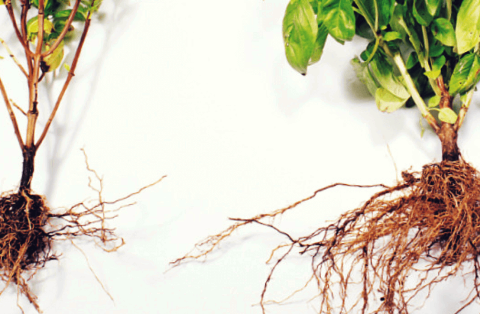Progress of cooperation: IMPACT OF MYCORRHIZA ON PLANT NUTRITION AND FOOD SECURITY

In 2021, a scientific research team from Turkey planned to carry out an interesting study "The influence of Mycorrhizal on plant nutrition and food security". This project attracted the interest of several researchers from Asia. With the organization and coordination of SSTC, this project successfully established the scientific research collaboration among Eurasian countries, with the joint participation of researchers from China, Turkey and other countries.
After the project research was completed, the cooperative team submitted the research results to the "Journal of Plant Nutrition" and received good feedback from the editorial board and review team publishing house.
The article is expected to be published soon, and we look forward to sharing this project with more mycorrhizal research groups.
Abstract
Mycorrhizae improve the efficiency of mineral intake in soils where such minerals may be poor or otherwise less accessible. In particular, immobile elements like phosphorus, zinc, and copper are supported by the symbiotic relationship between plant roots and mycorrhizal fungi, but under certain conditions, more mobile ions like sulphur, calcium, sodium, potassium, iron, magnesium, manganese, chloride, and nitrogen are also taken up by the plant roots from the soil. Mycorrhizae promotes plant growth, development, stress tolerance, soil remediation, carbon sequestration, food safety, and agricultural sustainability. Our findings revealed that AMF significantly improved the growth mediated by drought and other environmental factors by enhancing photosynthesis, mineral nutrients, the glomalin content of the soil, the content of essential oils, and chemical composition, in addition to upregulating antioxidant systems and the enzymatic activity of phenylalanine ammonia-lyase and lipoxygenase. AMF enhanced soil quality and crop production, which was particularly evident in the increase of crop biomass and soil nutrients availability. The present outcomes suggested that the symbiotic association between AMF and crop plants may help to strengthen the fabrication of defensive compounds that ultimately help to relieve abiotic and biotic stresses and may also act as biological control of crop production constraints. Mycorrhizal inoculation greatly improves the root's ability to absorb nutrients and water under changing environments. Consequently, in this work, the role of mycorrhizal inoculation in nutrient absorption, as well as its important contribution to plant greater biomass and food security, are discussed in relation to mycorrhizal and plant symbiosis.